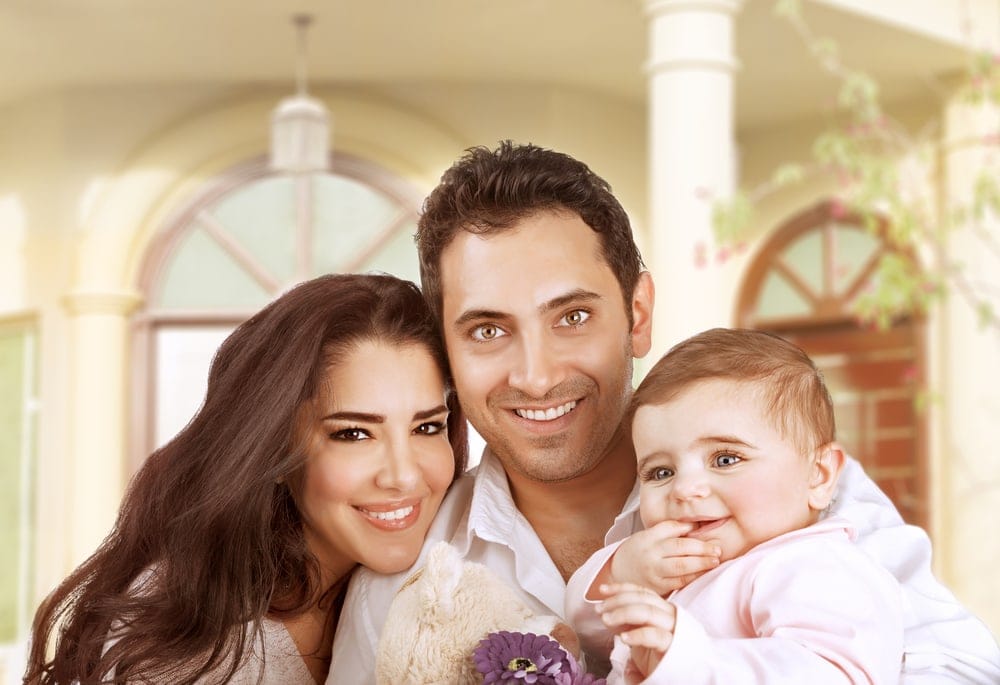Open adoption occurs when the birth parents and prospective adoptive families are allowed to interact with one another. In this type of adoption, the identities of all parties are shared. The interaction may differ from one family to another. It may involve letters, e-mails, telephone calls, or visits. Open adoption offers several advantages for birth parents, adoptive parents, and adopted children.
The Advantages of an Open Adoption
Advantages for Birth Parents
The open adoption experience differs with each individual.
Some of the possible advantages of open adoption include:
- Sense of control – Having the ability to review, interview and select parents for your child can provide birth parents a sense of empowerment, security, and control.
- Reduced uncertainty -Most birth parents feel reassured and comforted from knowing about the child’s well-being through regular interactions with the adoptive family.
- Improved mourning – The ability to communicate with the adoptive family and the adopted child often help increase the ability of birth parents to deal with the grief associated with the sense of loss.
- Reduced fear – When there is regular communication with the adoptive family both prior to the birth and after the adoption, it tends to diminish concerns about the well-being of the child.
- Relationship with the child – With open adoption, there is the potential to develop and maintain a mutually beneficial relationship with the child as he or she matures.
- Relationship with the adoptive family – There is an opportunity to develop a positive relationship with the adoptive family. For some birth families, the adoptive family becomes like part of their own extended family.
- Reduced guilt – With an on-going relationship and the opportunity for regular communication with the adoptive family, birth parents often have less of a struggle with guilt about their decision to put their child up for adoption.
Advantages for Adoptive Family
The open adoption experience differs with each family.
For adoptive families, some possible advantages of open adoption include:
- Reduced fear – When there is on-going communication with the birth mother or birth families prior to the birth of the child and after the adoption, there tends to be less concern about the birthmother’s intentions.
- Medically informed – The need to provide a medical history is a normal requirement in the adoption process. However, open adoption offers the additional opportunity to obtain new medical information over the course of time.
- Relationship with the birth families – There is an opportunity to develop an on-going relationship with the birth mother or birth families. For some adoptive families, the birth mother or birth family becomes like part of their own extended family.
- Affirmation – An adoptive family often experiences an extra measure of encouragement from knowing that they were hand-picked to become the adoptive family.
- Understanding and confidence – Open adoption provides a child with the opportunity to learn more about his or her personal history. This can make it easier for the child to answer questions such as“Who am I?” and “Where did I come from?”
Advantages for the Adopted Child
The open adoption experience will differ with every child.
For an adopted child, some possible advantages of open adoption include:
- Identity and self-confidence – Open adoption provides adopted children with greater opportunity to learn about their family history and family trees. This can make it easier for an adopted child to answer questions such as“Who am I?” and “Where did I come from?”
- Protection against a sense of abandonment – Having the opportunity to communicate with his or her birth family to hear the reasons for the adoption can help limit or reduce the adopted child’s sense of abandonment.
- Absence of the need to search – The yearning of a child to find his or her birth family becomes a non-issue.
- Medically informed – A medical history is a normal requirement of the adoption process. However, open adoption offers the additional opportunity to obtain updated medical information if new medical symptoms appear in adulthood or a need develops for further information relevant to future family planning.
- Relationship with the birth families – Open adoption can offer the adopted child the opportunity to develop a relationship with his or her birth mother or birth family. For some adopted children, their birth mother or birth family becomes like part of their own extended family.
- Support Network – Since birth mothers and birth families normally continue to have a deep concern for their adoptive child, they can effectively function as advocates and additional support for the child.
The open adoption experience will vary with each adoption. For everyone involved, communication will continue to play a vital role in the adoption process. As communication about wishes, desires, and expectations increases, the more comfortable everyone involved will tend to be.
Next Steps
It is usually helpful to talk to an adoption professional where you can explore adoption in greater detail. You can ask questions and learn more about the process without pressure.
Want to Know More?
Compiled using information from the following sources:
1. National Adoption Information Clearinghouse






